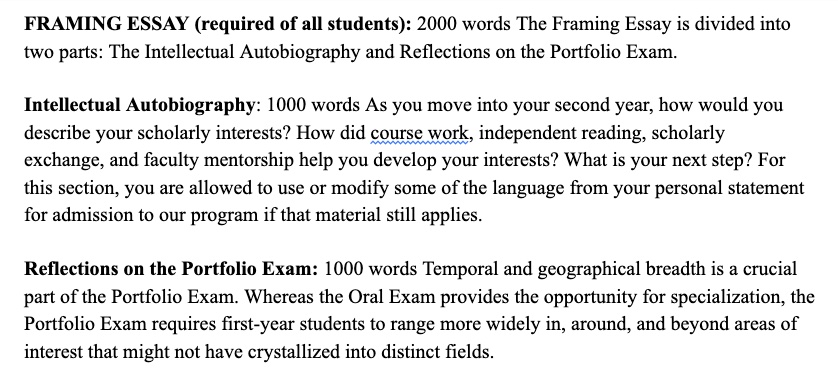We’ll start class with a freewrite–an actually free one–in which you review your notes on today’s pages. Some guiding questions: What passages are still interesting to you after Tuesday’s work? What did the replies you posted generate in terms of new questions and reactions? What’s proving true about your reading experience based on what you thought you might have when you picked the book? About book clubs? In short, where do you want to start today in your book clubs? Write until 9:45.
After you talk in groups for a while, we’ll approach two topics in mini-lessons. One is using personal experience as evidence. The other is something I call “thinking in circles.” It’s something some of you are doing naturally, and that all of us will do as we start moving slowly towards Essay 4 and the portfolio.
***
Like I said in class Tuesday. I do want to introduce a little “series” of lessons we’ll run for the balance of book clubs. One is about “the basics” of blog posts and how we can use some “features” of that genre to focus our ideas more. Those features are the ones I use to see if your posts are “complete”: title, tags, images/links, quotes, and citations. We started this Tuesday with titles (THANKS ROSALIO!)
Now for a little “next step” lesson. These, again, will be a secret series of little lectures that will run through book clubs, and they’ll basically be about ways to take blog posts and other informal genres of writing to the next level up. (Note: there are a ton of levels.) Today we’ll be talking about using personal experience in an academic essay. I’m sure this is a topic that will come up again.
Here are the instructions for a thing I had to write. (I’m getting a PhD in English, blah).

I go on for about a page or so–you can read the whole thing here if you’re so inclined–before dropping in the personal experience.

Note that this paragraph functions the same way an argumentative paragraph normally does. There’s a claim at the outset — “knowing” is suspicious to me, which you’d think wouldn’t the case for a “scholar.” But it is, because of a range of personal experience all related to disability, embodiment, etc. That evidence is organized using patterns (all those parentheses). Then, the key term — “knowing” — appears again (with italics just for overkill). The reputable source of another more senior scholar in a relevant field (in this case, disability studies) is cited and quoted. Audience gets engaged (prodded, really) with the “we?” and then a very different source, a postmodernist creative writer, is cited defining the very act I’m engaged in from a non-scholarly point of view. So by the numbers, we have one key term mentioned at the beginning, middle, and end; a single personal example in three parts; and two quotes from divergent sources developing that idea. The “I” is present at the outset and the end; importantly (“now”) there is a change over time. That’s crucial for any evidence you want to prove using story.


